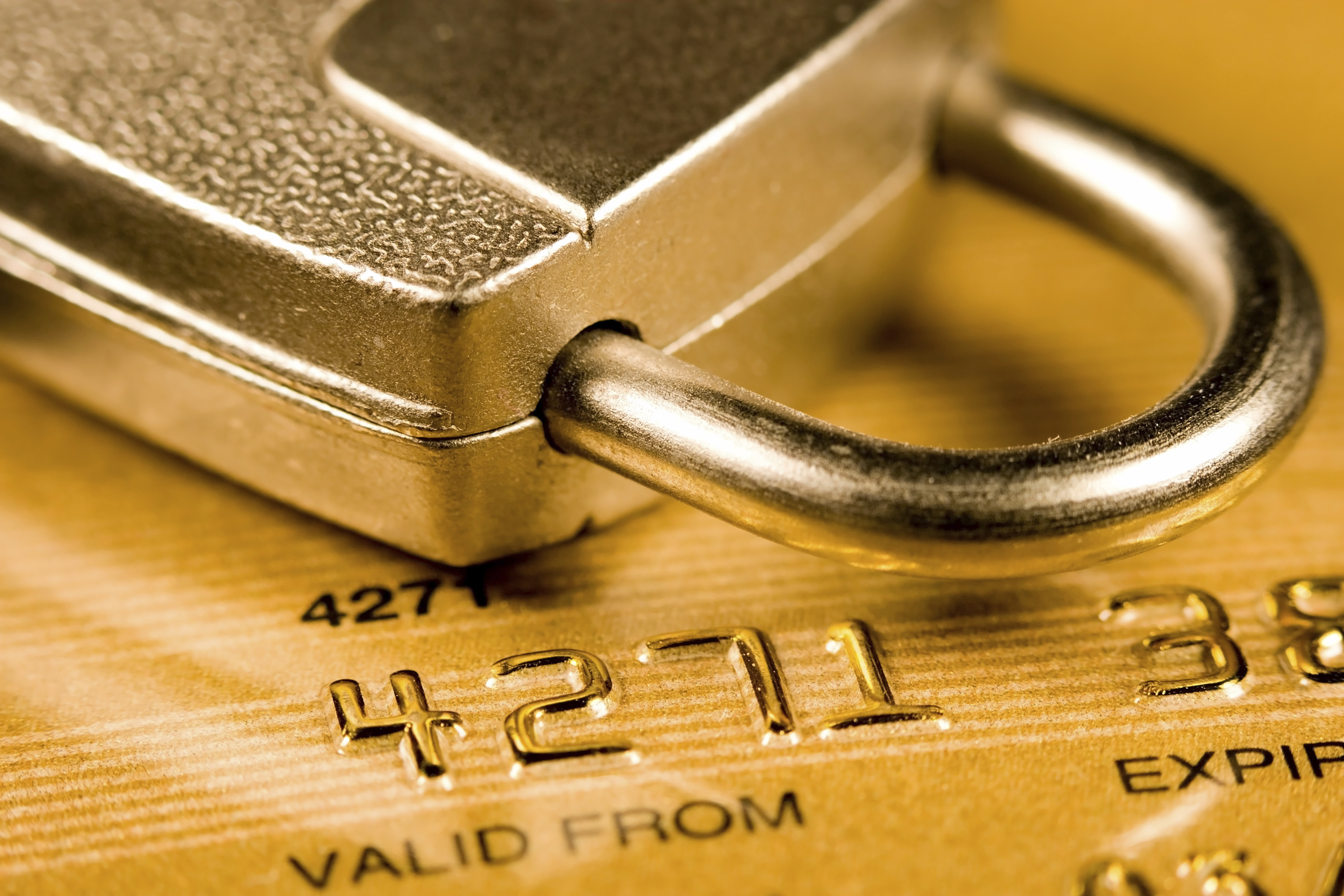AARP Hearing Center

By Jill Gambon
In the battle against scams, Massachusetts residents have a new weapon to fight identity theft and fraud and protect their credit.
A state law now extends protections for consumers affected by data security breaches, with free credit monitoring for up to three and a half years at credit reporting agencies and one and a half years of free monitoring by retailers, banks and other businesses that experience hacks.
The law also prohibits binding arbitration when consumers sign up for credit monitoring services, so they don’t have to waive their right to sue after a breach.
The law, similar to federal legislation, allows people to freeze and unfreeze their credit for free.
“It’s another tool in the toolbox,” said Dennis Hohengasser, 69, of Taunton, a Fraud Watch Network volunteer for AARP Massachusetts.
AARP Massachusetts and the Massachusetts Public Interest Research Group (MASSPIRG) were key supporters.
Passage of the law, proposed in early 2017, gained traction after the data breach at credit reporting agency Equifax, when more than 148 million Americans had their personal information compromised, including Social Security numbers, dates of birth and driver’s license numbers.
In Massachusetts last year, nearly 43,000 cases of fraud were reported to the Federal Trade Commission (FTC), totaling $19.8 million in losses. Identity theft was the second most common type of fraud reported, following impostor scams. Most cases involved credit card scams.
Older people targeted
The FTC reports that older victims tend to lose more money than other Americans.
“Fraud affects all populations differently. Older people are more likely to lose entire life savings,” said Cindy Campbell, communications director for AARP Massachusetts.
In his Fraud Watch talks, Hohengasser encourages people to freeze their credit, especially if they are unlikely to be opening credit cards or taking out mortgages or car loans anytime soon.
“You can freeze and unfreeze it; it doesn’t cost a dime,” he said.
By freezing your credit, you ensure that information in your credit report is not given to potential creditors or lenders. So if scammers obtain your personal data, they won’t be able to open an account in your name, as your credit history can’t be accessed.
Freezing credit has no effect on access to existing lines of credit; you can still use your credit cards. To set up a credit freeze, you must notify the three major national credit reporting bureaus: Equifax, Experian and TransUnion. That can be done by phone, mail or online.
The battle against fraud requires constant vigilance and education to keep up with the latest scams, said Jessica Costantino, director of advocacy for AARP Massachusetts. “Scammers are really good at finding that next big thing, and they are always a step ahead of us,” she said.
AARP Massachusetts provides another way to fight fraud, offering free shredding events for people to securely dispose of documents and files.
For more information about the AARP Fraud Watch Network, go to aarp.org/fraudwatchnetwork or call its helpline at 877-908-3360.
To find shredding events in your area, visit aarp.org/ma or call 866-448-3621.
Jill Gambon is a writer living in West Newbury, Mass.































































